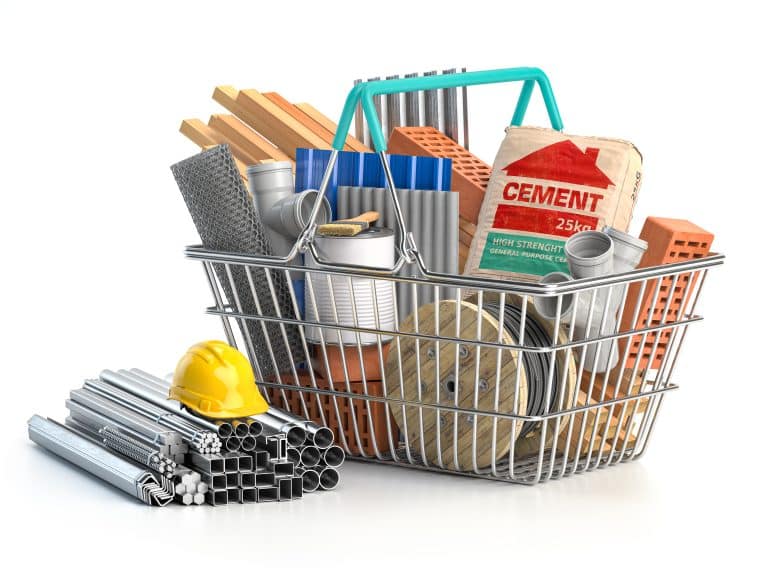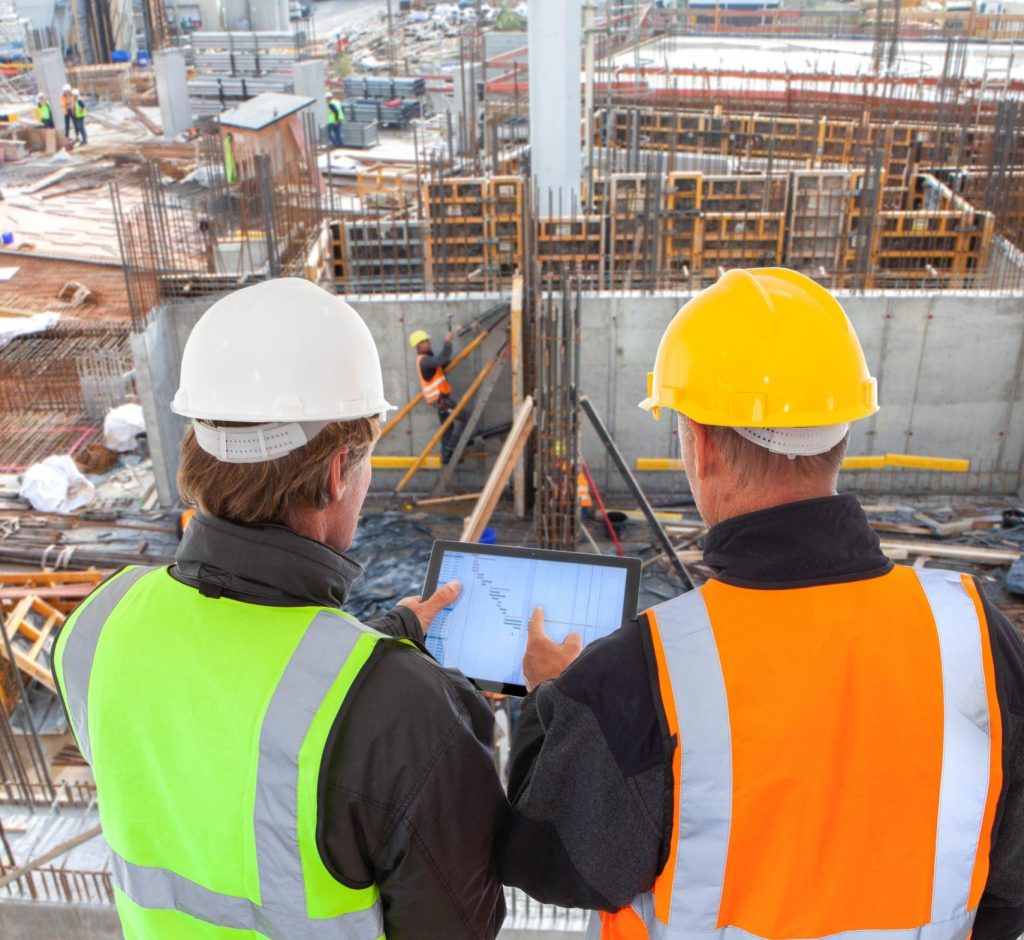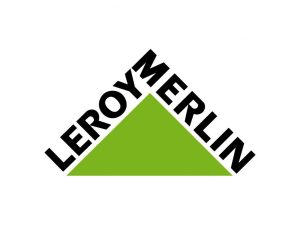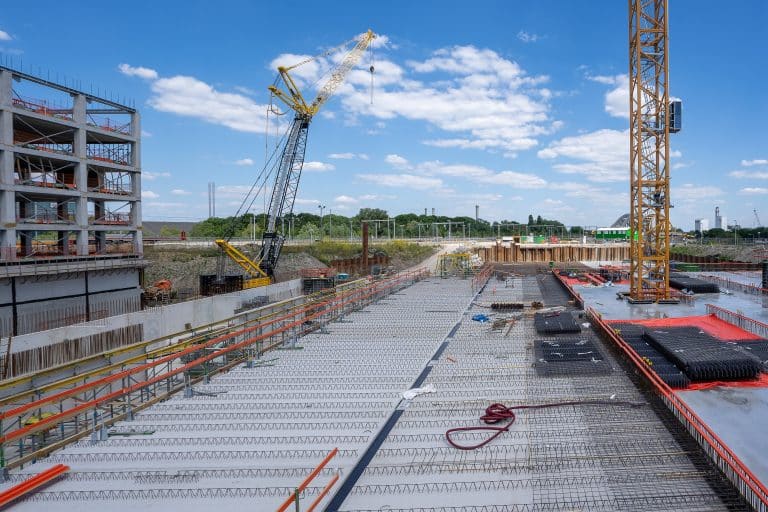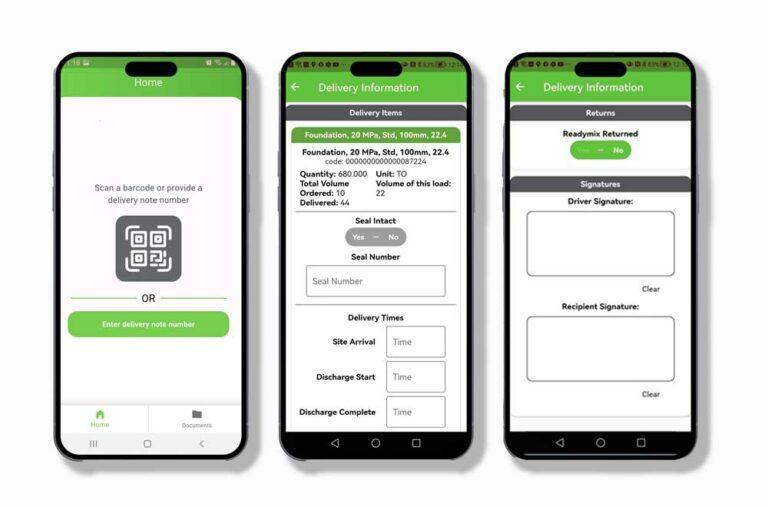Cloud-native
Cloud-native systems leverage the benefits of cloud computing, such as scalability, resilience, and flexibility. So instead of a bulky mainframe server housed at your location or offsite facility, cloud-native systems use offsite servers that can be easily scaled up or down based on demand.
Cloud-based systems provide faster processing speeds and can handle massive amounts of data. With cloud-native systems, you can take a nimble approach to your business without compromising security or performance.
Plus, with a cloud-native approach, you only pay for the resources you use, making it cost-effective no matter what the size of your operation.
